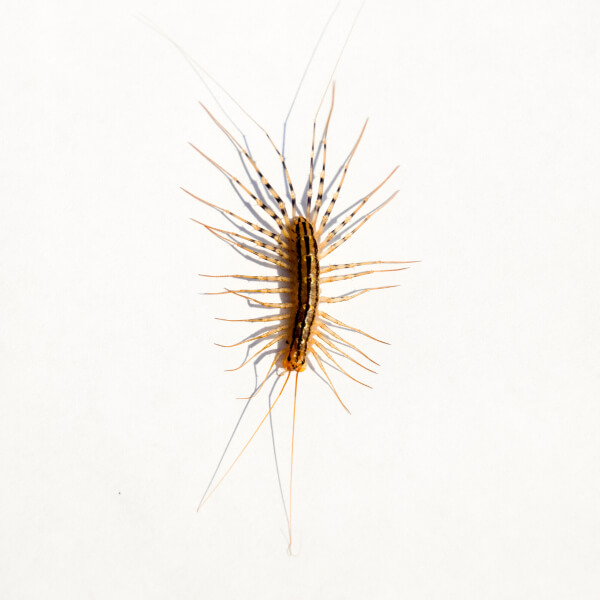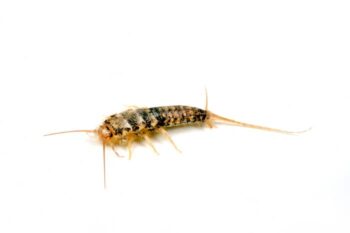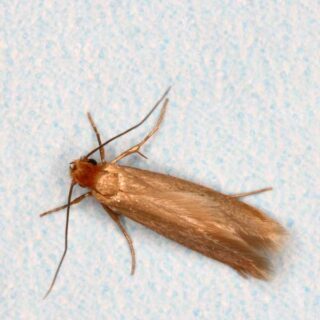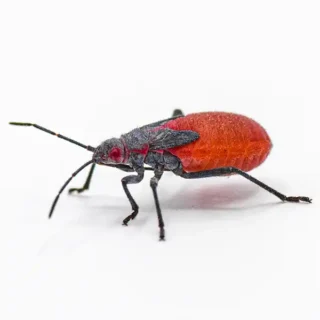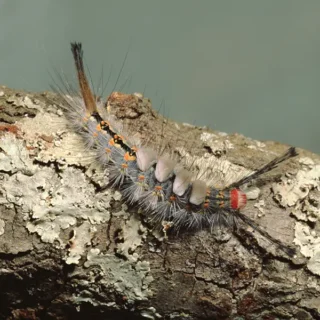Identifying House Centipedes In Florida
House centipedes are widespread across the United States, but they are especially prevalent in warm, humid climates like Florida. In fact, they are among the more common insects in Florida, frequently found in homes where moisture levels are high.
Florida’s climate provides the perfect conditions for house centipedes to thrive, making them a familiar sight for many residents.
House centipedes have an abundance of legs, fifteen pairs of very long, slender legs, to be exact. As terrifying as they look, house centipedes are beneficial invertebrates, assisting homeowners in keeping pests like cockroaches and spiders under control.
Though house centipedes are found both indoors and outdoors, accidentally finding one trapped in the sink or bathtub, can be frightening. When outdoors, house centipedes are not considered harmful, but they may be considered pests when they share living spaces with us.
Where In Florida Do House Centipedes Live?
House centipedes are attracted to moisture and can be found outside under stones, boards, or sticks or beneath moist leaf litter and other organic matter.
When found in homes, house centipedes most often occur in moist cellars, damp closets, and bathrooms, where they feed on insects and spiders. When disturbed, centipedes move quickly toward darkened hiding places.
If house centipedes are abundant, there may be an underlying moisture problem in the home that should be corrected.
How Common Are House Centipedes In Florida?
House centipedes are quite common in Florida due to the state’s warm and humid climate, which provides an ideal environment for them to thrive.
House centipedes are frequently encountered in both urban and suburban settings, making them a familiar sight for many residents. They tend to be prevalent in homes, where they often seek shelter in damp areas such as bathrooms, kitchens, and basements.
Are House Centipedes Dangerous?
House centipedes are not dangerous to humans. However, their appearance can be alarming due to their many legs and rapid movement. Bites are extremely rare and, if they occur, usually result in minimal discomfort.
These pests have a pair of poison claws located behind their head and use them to poison and paralyze their prey, usually small insects. The weak jaws of the house centipede can penetrate the skin, but with difficulty.
Bites can result in swelling and pain, but usually are no worse than a bee sting. House centipedes are considered nuisance pests and when they come into your yard, it is often because they are looking for food. If centipedes find food near your exterior walls, and there are open cracks or crevices, they can accidentally get inside your home.
If you are dealing with house centipedes on your property, contact your local pest control in Florida. Our expert team at Bug Out help you manage your pest problems efficiently!
Need help with House Centipede control?
FAQs
Are Florida Centipedes Poisonous?
Centipedes in Florida are not considered poisonous to humans. While they do have venom to subdue their prey, bites are extremely rare and typically cause only mild irritation, similar to a bee sting. Larger species may cause more discomfort, but their bites are not medically significant. For most people, centipedes are harmless and pose no serious health risks.
Should I Ignore House Centipedes?
While house centipedes may seem alarming, they are generally harmless and can actually be beneficial. They feed on common household pests like spiders, cockroaches, and silverfish, helping to control these populations. If their presence is minimal, it’s often best to leave them alone. However, if they become a nuisance, contact your local Bug Out team to help reduce their numbers.
How Do I Get Rid of Florida Centipedes?
To get rid of centipedes in Florida, reduce moisture in your home by fixing leaks and using dehumidifiers in damp areas. Seal any cracks or gaps around windows and doors to prevent entry, and remove clutter where centipedes may hide. You can also use natural deterrents like diatomaceous earth or consult your local professional pest control services if the infestation persists.

